Climate change is no longer a future threat; it is a faced reality. Many Muslim-majority countries are already experiencing frequent and heavy climate impacts. Rising temperatures, water scarcity, displacement, and biodiversity loss are not long-term threats anymore. From the floods that have hit Pakistani villages to the parched land of Yemen, Islamic communities around the world are on the front lines of environmental degradation. Yet, these communities are consistently underrepresented in climate spaces and actions. Fortunately, there is always hope, and it is found in the mosques and Islamic universities, where values, knowledge, and leadership are developed. Imams’ role in Islamic communities lies beyond being religious leaders; they serve as both educators and role models. They are the most trusted among Islamic communities and can have a significant impact on public opinion, attitudes, and behaviors. For this reason, they have to be at the center of climate actions and conversations. Being a Muslim goes hand in hand with being a steward on this earth, and here lies the duty of Muslims to preserve the environment and face the climate crisis. The Quran reminds believers that the earth and its wealth are a trust from Allah. “It is He who has made you successors upon the earth…” (Quran 35:39)
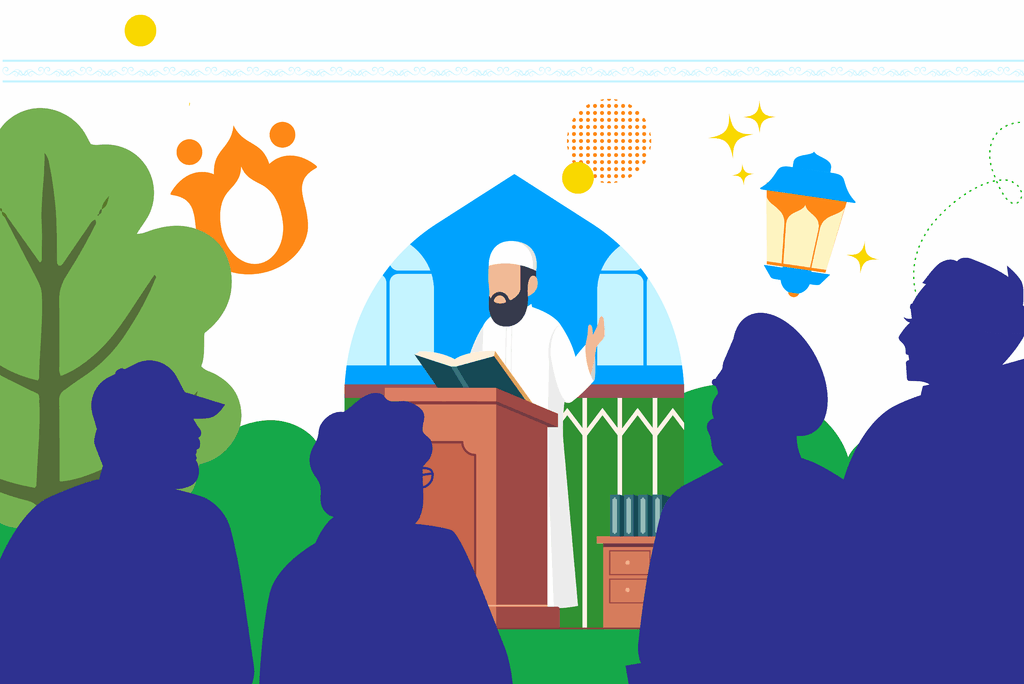
The significant role Imams can play in the climate spaces.
Imams can play a significant role in promoting climate action through leveraging their influence and capacity within Muslim communities, promoting environmental awareness, and raising and encouraging sustainable initiatives. They can link climate change to the core Islamic values of stewardship of the Earth, social justice, and inspiring collective action alongside policy changes. Imams can also highlight Islamic teachings on environmental stewardship and the interconnection of all creation, emphasizing that caring for the environment is a religious obligation.
They are educators, counselors, role models, and the trusted ones in Islamic communities. So, Imams can influence public opinions, behaviors, and values. This makes them positioned to lead the climate consciousness and inspire grassroots movements and actions. Islam as a faith is deeply rooted in environmental justice. Although preserving the environment is at the heart of Islamic values, these teachings are disconnected from religious education. Thus, when Islamic environmental ethics are well integrated into religious curricula, Imams can bridge theology with climate justice. This will empower Muslim communities to act, not just spiritually, but also sustainably.
Integrating environmental courses into Islamic higher education.
Dr. Odeh Al-Jayyousi, an Ummah For Earth ally, conducted a study to analyze the Islamic curriculum in MENA universities with Sharia faculty and assess the level of environmental education mainstreaming. The study found that Imams are mostly exposed to academic religious education, few elective courses include environmental materials, and environmental education is not integrated. Greenpeace MENA, as part of the Ummah For Earth alliance, is working with universities across the MENA region and Indonesia to integrate environmental education into Sharia and theology programs. This initiative envisions a network of empowered and educated Islamic scholars and students who are aware of their positions as stewards of this environment and this planet and believe in the importance of environmental action.
The objective of this initiative is to create a network of scholars, Imams, and Islamic institutions of higher learning committed to utilizing renewable energy and not fossil fuels. Communities will be inspired and guided by this network towards embracing substantial climate action. The project places significant emphasis on environmental education in Islamic institutions of higher learning by bringing together academic institutions, religious leaders, influencers, and faith-based institutions. The longer-term vision is to change dominant narratives and amplify Muslim voices in the climate movement by encouraging the most influential actors to mobilize their communities around religion-based, sustainable alternatives.
The goals of this initiative are clear:
- Curriculum reform, integrating environmental science and sustainability into Islamic studies faculty training, empowering professors with the tools to teach environmental ethics through an Islamic perspective,
- Student empowerment, engaging student groups to lead campaigns and community-driven initiatives,
- Institutional support, initiating and establishing centers for climate change education in collaboration with Islamic universities to serve as a hub for research and advocacy.
- Policy engagement, working with governmental bodies alongside advocating for new policies that support climate education.
This is not a new concept we are integrating into the Islamic communities. This concept aligns with Islamic wisdom and the contemporary crisis.
One of the main ideas of this project is to decentralize the climate struggle. Instead of waiting for top-down solutions, this model empowers local solutions or solutions at the local level. So it’s a community-driven action. Whether it’s encouraging the phasing out of fossil fuels, promoting green Islamic finance, or simply organizing a cleaning campaign after Friday prayers. Every action rooted in community and guided by faith can contribute to a wider movement and can contribute to a solution to the global crisis.
Today, we are leading this transformative journey that bridges faith, education, and environmental justice. The Islamic Higher Education for Sustainable Climate Action campaign is launching officially, and we are calling universities, imams, scholars, students, and allies across Islamic communities to amplify and take part in it.
Note: A similar research was also conducted in Indonesia in partnership with Pusat Pengkajian Islam dan Masyarakat University (PPIM). We are working closely with PPIM and the Ministries of Education and Religious Affairs to try to incorporate environmental courses in Higher Islamic Education.
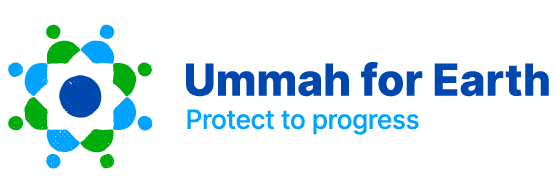
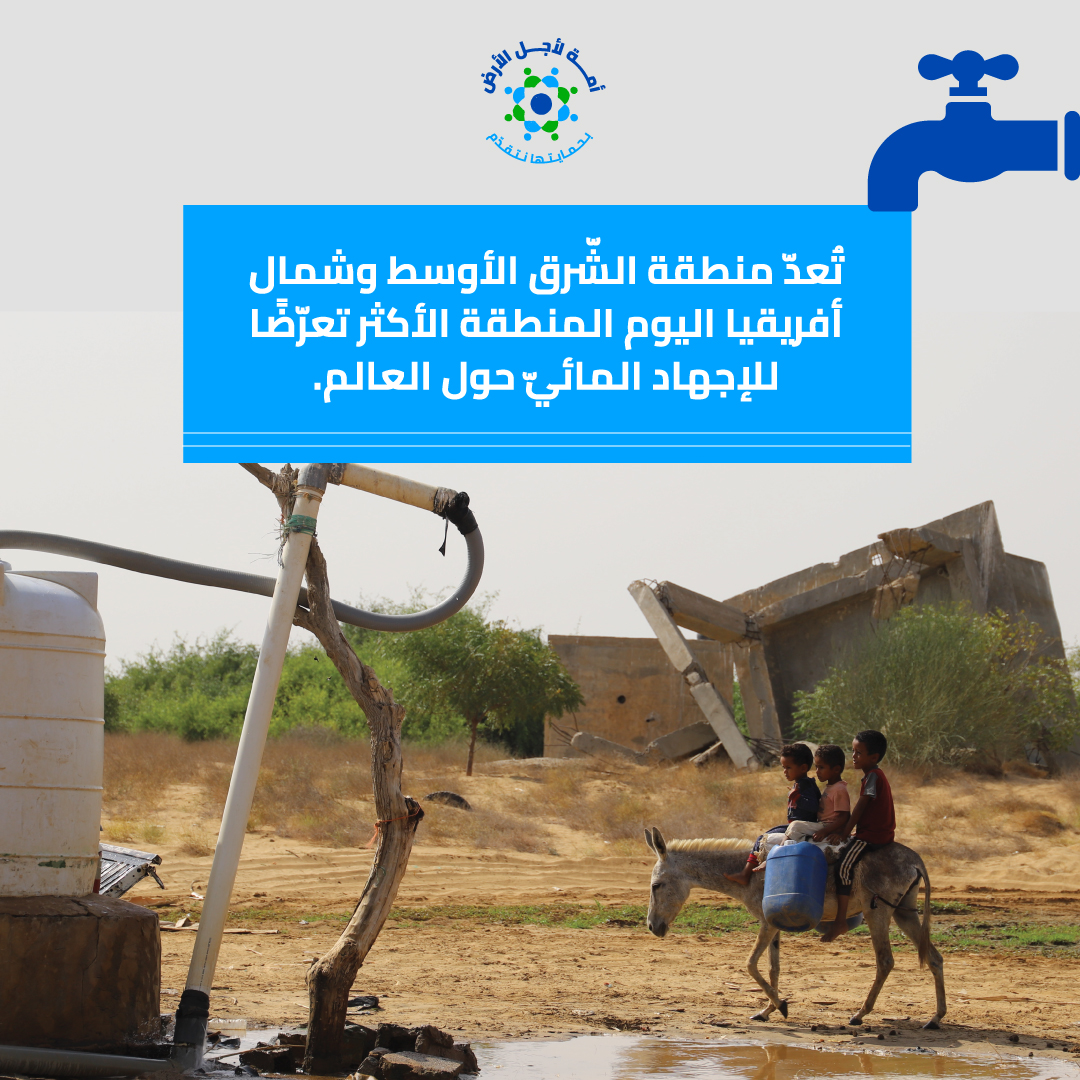
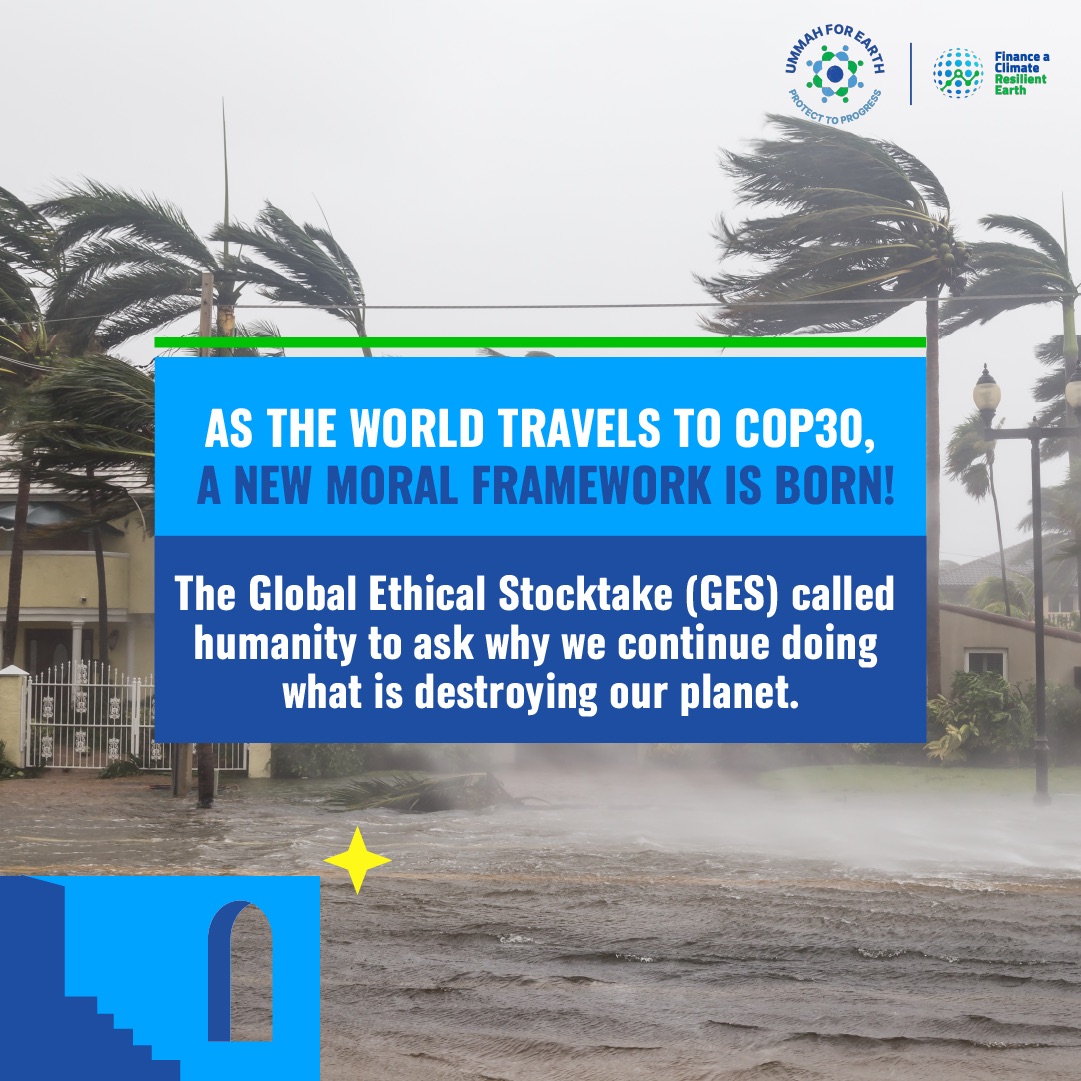
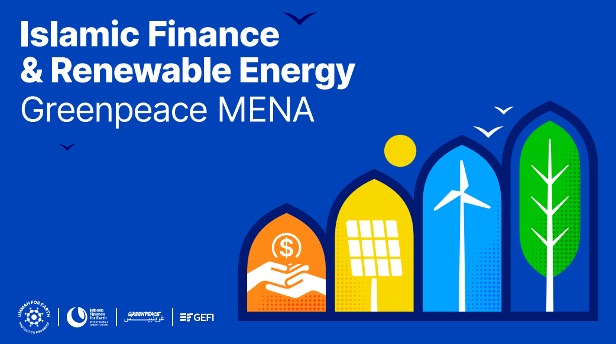
Discussion
حماية البيئة تعتبر ضرورة حيوية لضمان صحة الإنسان والحفاظ على الطبيعة للأجيال القادمة. هناك العديد من الطرق التي يمكننا من خلالها المساهمة في حماية البيئة، مثل: 1. *تقليل استخدام البلاستيك*: تجنب استخدام المنتجات البلاستيكية التي تستخدم لمرة واحدة مثل الأكياس والزجاجات. 2. *إعادة التدوير*: فرز النفايات وإعادة تدوير المواد القابلة لإعادة التدوير مثل الورق والزجاج والمعادن. 3. *ترشيد استهلاك المياه*: استخدام المياه بحكمة وتجنب الهدر، مثل إصلاح التسريبات في الصنابير. 4. *تقليل انبعاثات الكربون*: استخدام وسائل النقل العامة أو الدراجات الهوائية بدلاً من السيارات، وترشيد استهلاك الطاقة في المنازل. 5. *زراعة الأشجار*: الأشجار تساعد في امتصاص ثاني أكسيد الكربون وإنتاج الأكسجين، كما تساهم في تحسين جودة الهواء. 6. *دعم المنتجات المحلية والمستدامة*: شراء المنتجات التي تُنتج محليًا وتلك التي تُصنع بطرق مستدامة. 7. *التوعية والتثقيف*: نشر الوعي بأهمية حماية البيئة بين الأصدقاء والعائلة وتشجيعهم على اتخاذ إجراءات صديقة للبيئة. كل هذه الإجراءات البسيطة يمكن أن تساهم بشكل كبير في حماية البيئة والحفاظ على كوكبنا. 🌎💚